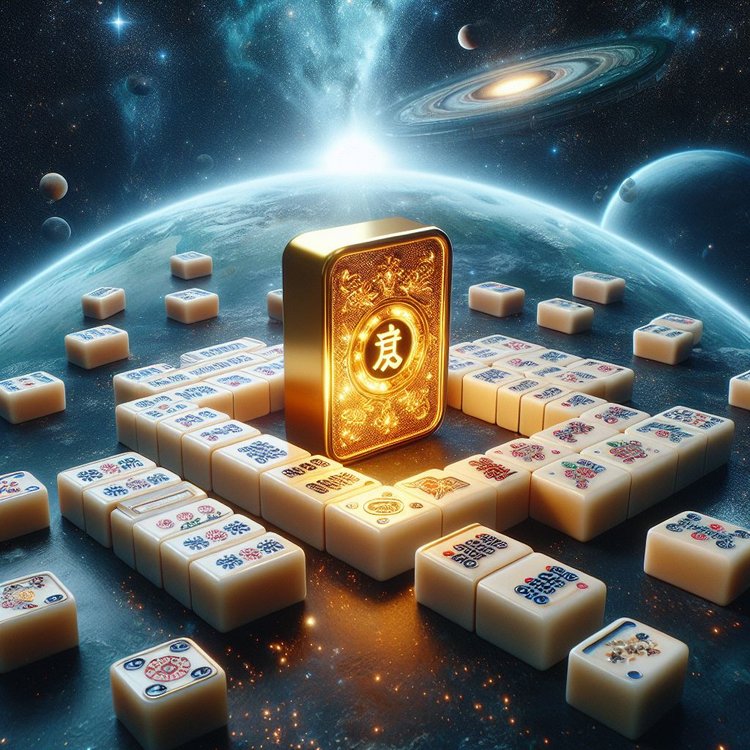In an era where screens are ubiquitous and virtual worlds are as real as the physical, gaming stands out as a phenomenon that transcends mere mahjong ways entertainment. Far from being a frivolous pastime, gaming has evolved into a cultural force, shaping societies and individuals in profound ways. From the humble beginnings of Pong and Tetris to the sprawling universes of modern MMORPGs and the competitive intensity of esports, gaming has woven itself into the fabric of modern life. 
At its core, gaming is about more than just pressing buttons or manipulating pixels on a screen. It’s about immersion, storytelling, and human connection. Through games, players can explore fantastical realms, grapple with moral dilemmas, and forge friendships that span continents. In this digital age, gaming serves as a bridge between people, transcending geographic and cultural boundaries to unite players from all walks of life.
Moreover, gaming is a testament to the power of technology to inspire creativity and innovation. Game developers are constantly pushing the boundaries of what is possible, harnessing cutting-edge graphics, artificial intelligence, and storytelling techniques to create experiences that rival those of blockbuster movies or bestselling novels. In doing so, they inspire a new generation of creators and technologists to push the envelope even further, driving progress in fields ranging from computer science to visual arts.
But perhaps most importantly, gaming offers a refuge from the stresses and pressures of everyday life. In a world filled with uncertainty and chaos, games provide a sense of control, agency, and accomplishment. Whether it’s slaying dragons, solving puzzles, or saving the world from imminent destruction, gaming allows players to escape into worlds where they can be the hero of their own story, if only for a little while.
Of course, like any form of entertainment, gaming is not without its controversies and challenges. Concerns about addiction, toxicity, and the representation of certain groups within games are valid and deserving of attention. However, it’s important to recognize that these issues are not inherent to gaming itself, but rather a reflection of broader societal issues that deserve thoughtful consideration and action.
In the end, gaming is a multifaceted and complex phenomenon that defies easy categorization. It is a form of expression, a social activity, a technological marvel, and a source of joy and inspiration for millions around the world. As we continue to navigate the ever-changing landscape of digital culture, gaming will undoubtedly remain a central and enduring aspect of our shared human experience.